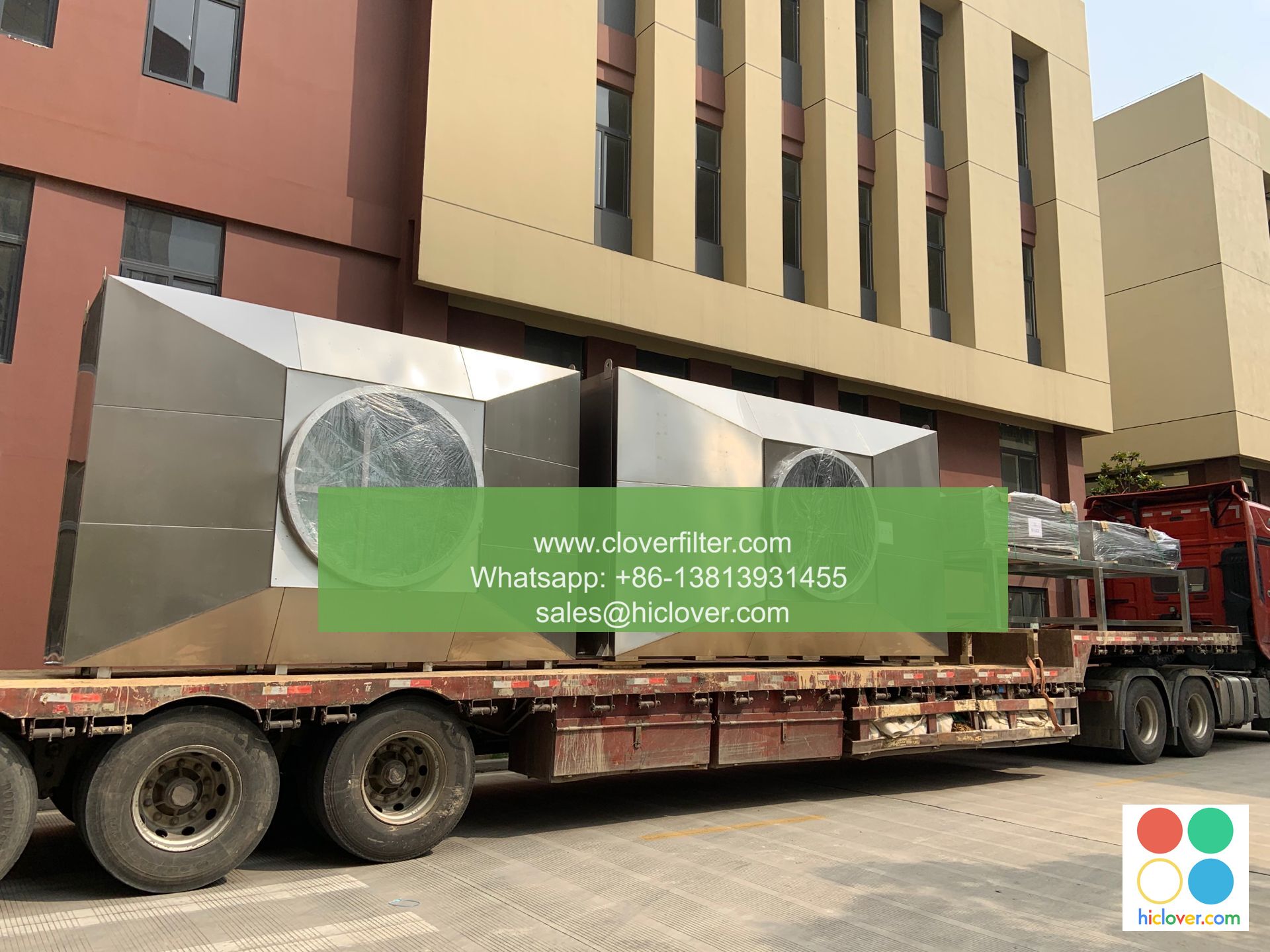A Guide to Understanding HEPA Filter Compliance for Hospitals and Healthcare Facilities

A Guide to Understanding HEPA Filter Compliance for Hospitals and Healthcare Facilities
Introduction
Hospitals and healthcare facilities are subject to strict regulations and guidelines to ensure the highest level of cleanliness and patient safety. One critical aspect of maintaining a clean and healthy environment is the use of High Efficiency Particulate Air (HEPA) filters. In this article, we will provide a comprehensive guide to understanding HEPA filter compliance for hospitals and healthcare facilities, highlighting key application areas and regulations.
What are HEPA Filters?
HEPA filters are designed to capture 99.97% of particles as small as 0.3 microns, including dust, pollen, and other airborne contaminants. They are commonly used in air purification systems, vacuum cleaners, and other applications where high-quality air filtration is essential.
Compliance Requirements
The Centers for Disease Control and Prevention (CDC) and the Occupational Safety and Health Administration (OSHA) have established guidelines for the use of HEPA filters in healthcare facilities. These guidelines include:
- CDC Guidelines: The CDC recommends the use of HEPA filters in areas where patients with compromised immune systems are treated, such as isolation rooms and operating rooms.
- OSHA Regulations: OSHA requires healthcare facilities to maintain a clean and safe environment, which includes the use of HEPA filters in areas where hazardous materials are handled or processed.
Key Application Areas
HEPA filters are used in various areas of hospitals and healthcare facilities, including:
- Operating Rooms: HEPA filters are used to remove airborne contaminants and reduce the risk of surgical site infections.
- Intensive Care Units (ICUs): HEPA filters are used to remove airborne pathogens and reduce the risk of transmission of infectious diseases.
- Isolation Rooms: HEPA filters are used to remove airborne contaminants and reduce the risk of transmission of infectious diseases.
- Laboratories: HEPA filters are used to remove airborne contaminants and reduce the risk of exposure to hazardous materials.
Benefits of HEPA Filter Compliance
The benefits of HEPA filter compliance in hospitals and healthcare facilities include:
- Improved Patient Safety: HEPA filters reduce the risk of transmission of infectious diseases and improve patient outcomes.
- Reduced Risk of Surgical Site Infections: HEPA filters reduce the risk of surgical site infections by removing airborne contaminants.
- Improved Indoor Air Quality: HEPA filters improve indoor air quality by removing airborne pollutants and contaminants.
- Compliance with Regulations: HEPA filter compliance ensures that hospitals and healthcare facilities are in compliance with CDC and OSHA guidelines.
Conclusion
In conclusion, HEPA filter compliance is a critical aspect of maintaining a clean and healthy environment in hospitals and healthcare facilities. By understanding the requirements and benefits of HEPA filter compliance, healthcare facilities can ensure the highest level of patient safety and compliance with regulations.
It seems like you’re ready to start a conversation! I’m happy to chat with you. What’s on your mind, or would you like me to suggest some topics?


